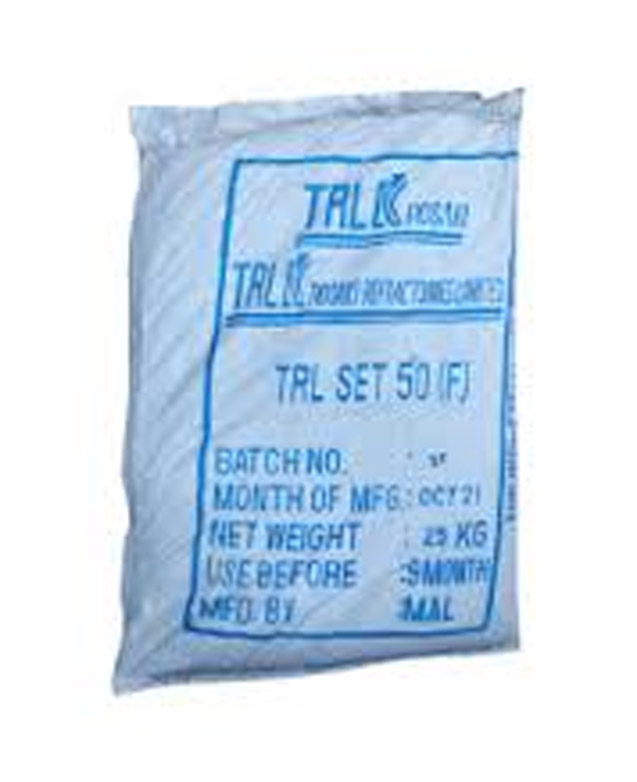
Refractory Mortar
Refractory mortar is a specialized type of mortar designed to withstand high temperatures and harsh conditions, making it essential for applications involving heat and chemical exposure. Unlike standard mortar, refractory mortar is specifically formulated to provide structural integrity and durability in high-temperature environments, such as kilns, furnaces, and fireplaces.
Key Features of Refractory Mortar:
1. High-Temperature ResistanceRefractory mortars can typically withstand temperatures ranging from 1260°C to 1800°C (2300°F to 3300°F), depending on the specific formulation.
2. Thermal Shock Resistance: These mortars are designed to handle rapid temperature changes without cracking or degrading, which is critical in high-heat applications. 3. Chemical Resistance Refractory mortars resist chemical attacks from corrosive materials, such as slag, ash, and other by-products generated in high-temperature processes.
4. Low Thermal Conductivity Many refractory mortars have low thermal conductivity, which helps minimize heat loss and improve energy efficiency in furnaces and kilns.
5. Flexibility and Adhesion Refractory mortars provide good adhesion between refractory bricks and other materials while allowing for slight movement, accommodating thermal expansion and contraction
Types of Refractory Mortar:
1. Air-Setting Refractory Mortar : These mortars cure through the absorption of moisture from the air. They are often used in applications where heat is not immediately applied. 2. Water-Setting Refractory Mortar: These mortars require water for curing and are typically used in applications where the mortar will be exposed to high temperatures shortly after application.3. Fusible Refractory Mortar: Designed for applications where maximum thermal shock resistance is required, this type of mortar contains high percentages of alumina and silica.
4. Insulating Refractory Mortar: This type combines insulating materials with refractory binders, offering thermal insulation while maintaining the ability to withstand high temperatures.
Applications:
1. Kilns and Furnaces: Used for lining and jointing refractory bricks in kilns and furnaces, providing structural integrity and heat resistance.2. Fireplaces and Wood Stoves: Used in the construction and repair of fireplaces, chimneys, and wood stoves to withstand high temperatures and provide a strong bond between components.
3. Boilers and Heat Exchangers: Refractory mortar is used in boiler systems to enhance heat retention and protect against wear from high temperatures and corrosive substances.
4. Industrial Equipment: Used in the lining of industrial processing equipment that operates at high temperatures, such as glass manufacturing and metal smelting.